
Conversations on Religion, Ethics, and Science (CORES)
About
People
Principal investigators
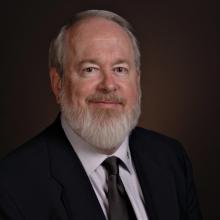
Barry Ritchie
Ritchie joined the ASU Department of Physics and Astronomy in 1984 and served as associate chair and then chair of the department from 1995-2006. From 2012-2016, he was the university’s vice provost for academic personnel and senior advisor to the provost. Ritchie has maintained research programs in experimental nuclear and particle physics for over forty years, has over 200 scientific publications to his credit, and has won numerous awards for his undergraduate teaching and graduate student mentoring. He has maintained an active interest in the study of science and religion, helping organize events at ASU that featured Templeton Prize Laureates John Polkinghorn and Holmes Rolston III. He also served as a member of the advisory committee for the Templeton Research Lectures at ASU, “Facing the Challenges of Transhumanism: Religion, Science and Technology,” directed by Regents Professor Hava Tirosh-Samuelson.
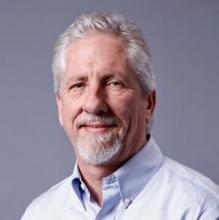
Ben Sanders
Although not an employee of ASU, Sanders has served as a full-time campus minister at the university for over 20 years, co-directing the Campus Christian Center along with Sarah Sanders. He is the past president of ASU’s Council of Religious Advisors (2018-2020), a group comprised of campus ministries and faith-based organizations representing Baha’i, Christian, Hindu, Jewish, and Muslim traditions who work together peacefully to provide religious services, spiritual counseling, education, support, and opportunities for involvement to thousands of ASU students. As executive director of the Arizona Center for Christian Studies, he works with a consortium of Christian study centers and interested academics to integrate faith and learning through lectures, classes, conferences, discussion groups, research projects, publications, websites, and other academic initiatives, including the Conference on Faith and Science (COFAS), a series of annual events that began in 2019.
Leadership team
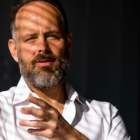
Gaymon Bennett (1972-2024)
Associate Director, Lincoln Center for Applied Ethics
Associate Professor, School of Historical, Philosophical and Religious Studies
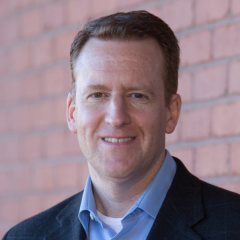
John Carlson
Director, Center for the Study of Religion and Conflict
Associate Professor, School of Historical, Philosophical and Religious Studies
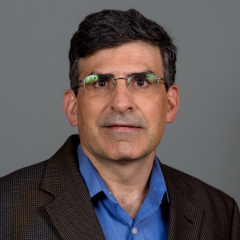
Paul Carrese
Professor and Director, School of Civic and Economic Thought and Leadership
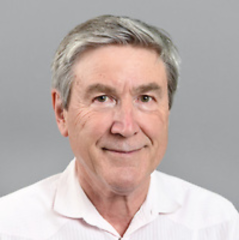
Paul Davies
Regents Professor, Department of Physics
Director, Beyond Center for Fundamental Concepts in Science
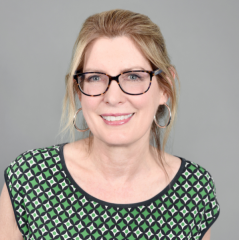
Pauline Davies
Professor of Practice, Hugh Downs School of Human Communication
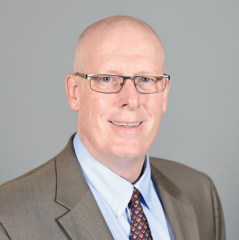
Ross Emmett
Director, Center for the Study of Economic Liberty
Professor, School of Civic and Economic Thought and Leadership
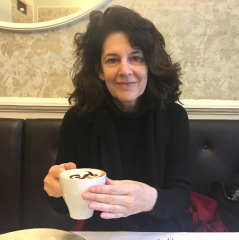
Carolyn Forbes
Assistant Director, Center for the Study of Religion and Conflict
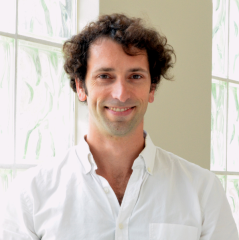
Ben Hurlbut
Director, Initiative on Science, Technology and Human Identity
Associate Professor, School of Life Sciences
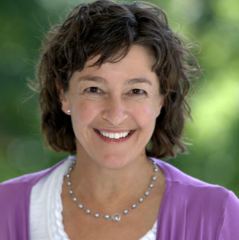
Carol McNamara
Associate Director, School of Civic and Economic Thought and Leadership
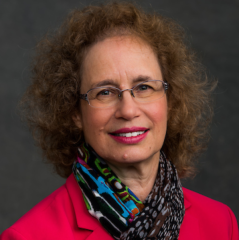
Hava Tirosh-Samuelson
Regents Professor, History
Director, Jewish Studies
Irving and Miriam Lowe Professor of Modern Judaism
Partners
Past events
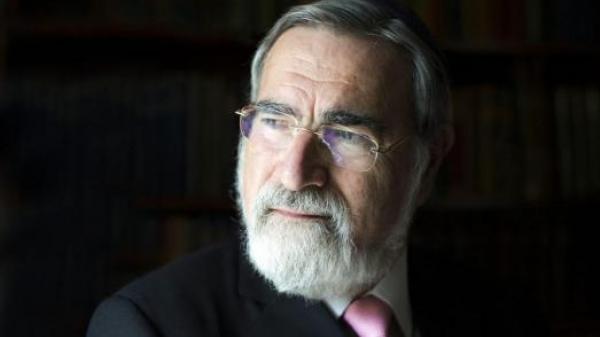
Rabbi Lord Jonathan Sacks (z"l), an international religious leader, philosopher, award-winning author and respected moral voice was joined by directors of four academic centers at Arizona State University for a dynamic livestream conversation centered around the release of his latest book "Morality: Restoring the Common Good in Divided Times". While lamenting the cultural and political forces that have divided Britain, America and the wider world, Rabbi Sacks presents a remarkable vision of hope for the future. Watch as top scholars at ASU engage in meaningful discussion with one of the world’s leading public intellectuals to discuss topics around morality, religion and politics, featuring John Carlson (Center for the Study of Religion and Conflict), Paul Carrese (School of Civic and Economic Thought and Leadership), Paul Davies (Beyond Center for Fundamental Concepts in Science), Hava Tirosh-Samuelson (Irving and Miriam Lowe Professor of Modern Judaism and director of Jewish Studies), and moderated by Pauline Davies (Hugh Downs School of Human Communication).

This project is supported by a grant from the John Templeton Foundation, which serves as a philanthropic catalyst for discoveries relating to the deepest and most perplexing questions facing humankind.
